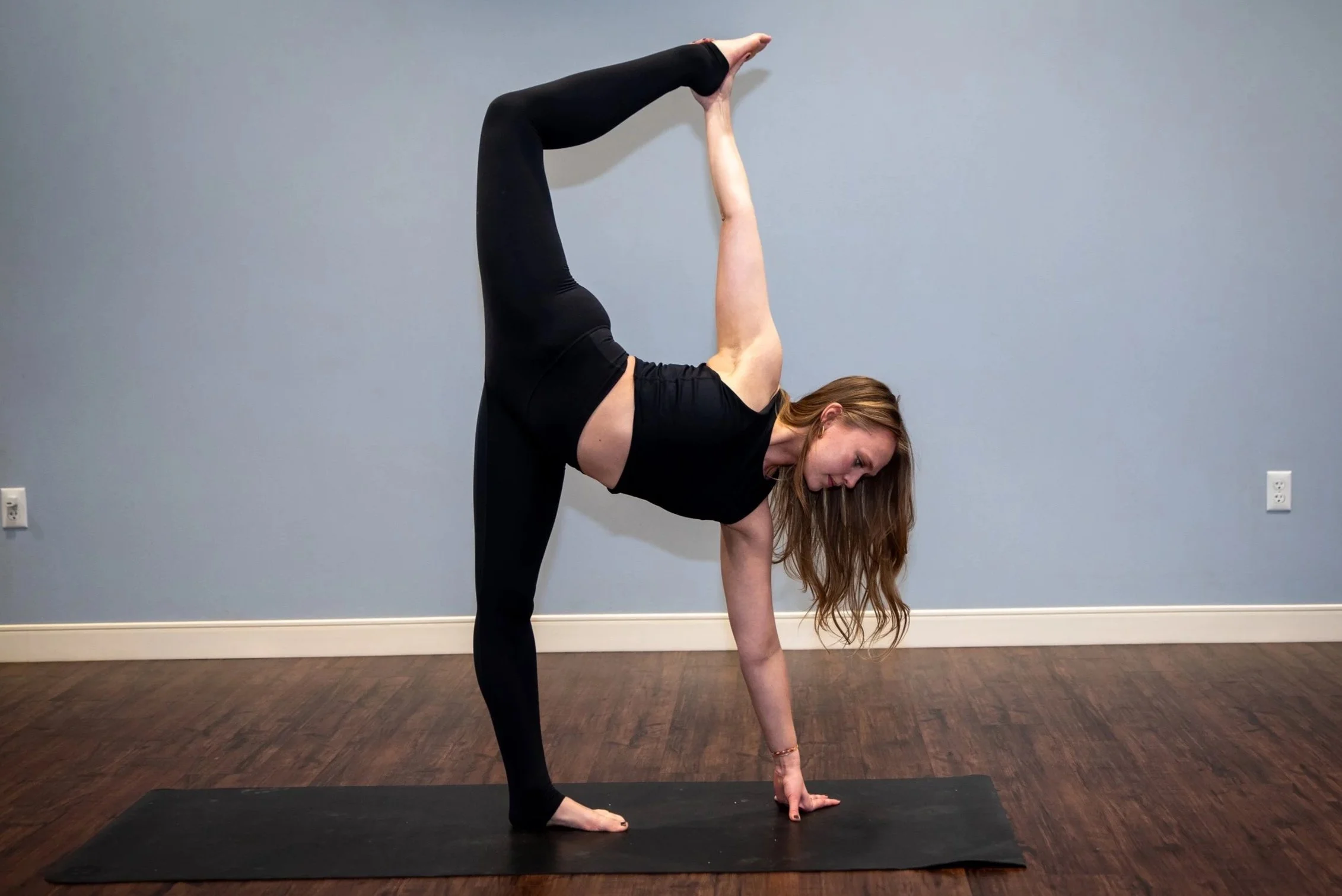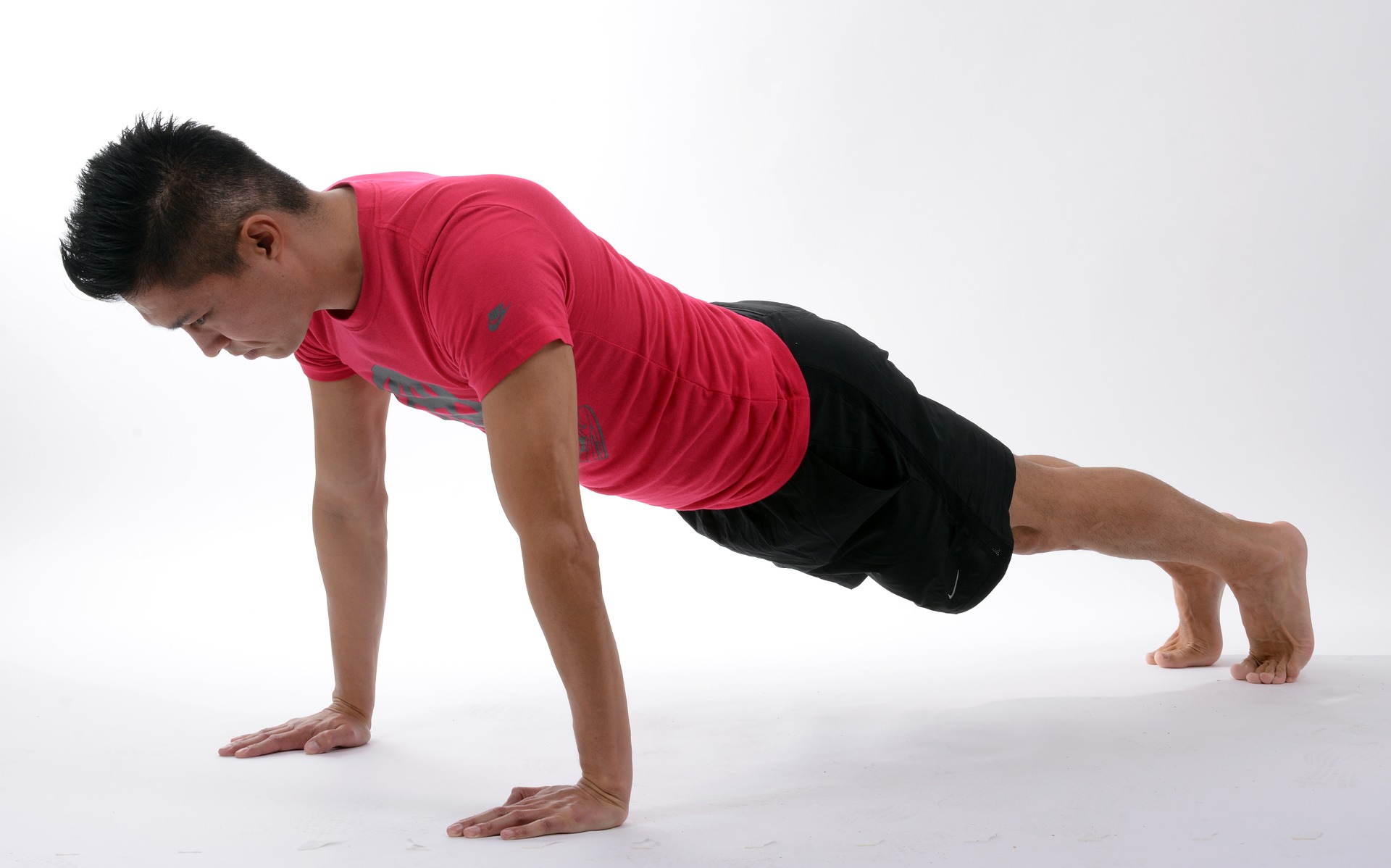It’s time to let go of your past.
I've had many sleepless nights. Nights when I was so worried about something that had happened and that I let it dictate my future. We’ve all been there at some point. You're not alone.
Whether it’s something small (i.e saying something you wish you hadn't) or something big (i.e a divorce, death, job loss), harping on negative experiences is painful and can cause so much unneeded stress and anxiety.
We need to not dwell on the past and think about something more positive. Here are some ways to help:
1. Learn from the past and move on.
Not all experiences we have will be good. However there is something to be learned from them all. Take time to reflect on your experiences and use them as a tool for self reflection so that you can learn and grow but don't dwell on them. Dwelling to much on things keeps the negativity around.
2. Express yourself.
It’s good to talk about your feelings. Don’t keep them bottled up inside. Whether it’s talking to the individual who has harmed you (or who you harmed), venting to a friend or writing it down, expressing your feelings can assist you in sorting out what, if anything, needs to be done to move on.
3. Accept Responsibility for your actions.
Sometimes when things happen, we don’t always accept responsibility for our actions. We get defensive, and we want to play the victim. The problem is, blaming others harbors anger and prevents you from moving forward. Accept responsibility for what happened and move on.
4. Focus on the present.
One of the best ways to let go of your past is to embrace the present. Instead of reliving the past, keep yourself active and enjoy the current moment.
Be mindful- enjoy time with people you love and doing the things you love (i.e. going to dinner, running, taking a yoga class, having coffee with friends, etc.). Accept that negative feelings are a part of life, but you can choose to look at the positive and make your own happiness.
5. Disconnect for a while.
Allow yourself to take some time away so that you can clear your head. Maybe meditate, find a quiet spot to read, head to the beach (my favorite place to disconnect). When you return, you’ll have a better perspective on the past and look more positive towards the future..
6. Let go of negative people in your life.
Are there people in your life who are bringing you down? Are they preventing you from moving forward? Move away from these people to find more positive people who will empower you. Meet people at your gym, yoga studio, running group, etc.
7. Practice forgiveness of both yourself and others.
We’re all human and we make mistakes. Forgiveness is essential to spiritual growth. If you’ve been hurt by someone, harboring feelings of anger or animosity just perpetuates the problem and continues to make you angry, forgive and move on. While you’re at it, forgive yourself too. Its ok to make mistakes, as long as you're learning from them, cut yourself some slack.
8. Make new memories.
Start making new, positive memories to replace those negative memories from your past. Spend your time with the people you love, and doing the things that bring you happiness and peace.
Here's to living in the NOW!!









